I remember the call fondly which saw me brought in to commentate on the FIA Gran Turismo Championships.
Preceding that moment had been a succession of unlikely circumstances where both Polyphony Digital’s primary and secondary choices of lead commentator for their English broadcasts had been made unavailable for a time.
I had been recommended through my good friend and colleague Lewis McGlade to the charismatic YouTube sim racing force Jimmy Broadbent. Through him, I was introduced to the production team for the still-fledgeling operation and given an overview of my work for the days to come.
This wasn’t just another job for me. As I stood outside that small west London studio for the first time, I couldn’t quite believe that I was going to be commentating on professional Gran Turismo racing.
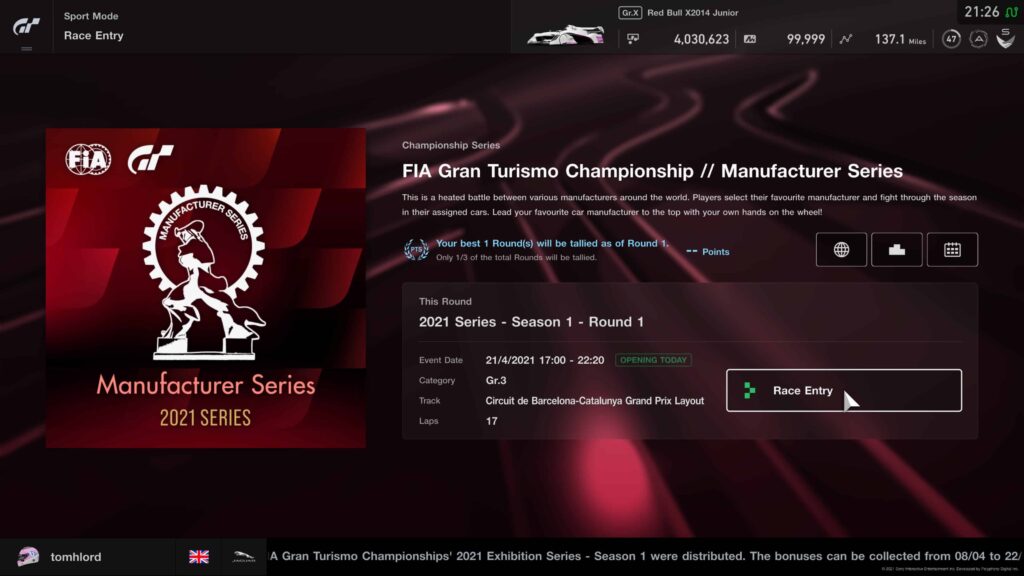
The Sony stalwart that first released back on December 23rd 1997 in Japan was a breakthrough in its field. Gran Turismo holds the record for the most copies sold on the original PlayStation at around 10,850,000 sales. Even more impressive is the fact that its sequel, appropriately named Gran Turismo 2, is third-highest on the same list, only separated from the top spot by a certain Final Fantasy VII.
It is a testament to how Gran Turismo became the ‘go to’ racing title for console gamers.
Gran Turismo 2 holds special weight with me as my first ever game where I could drive a car, let alone go wheel-to-wheel with others in a fight for victory. Many would be impassioned by their experiences with an eye to perhaps competing in real life motorsport one day. In 2008, in conjunction with Nissan, Gran Turismo gave these hopefuls a chance of a lifetime through GT Academy.
This televised contest, held until 2016, was the precursor to what we now have today. Back then, the idea that gamers could ‘make it’ was scoffed at. GT Academy proved otherwise with alumni including Jann Mardenborough, Florian Strauss and the competition’s first winner Lucas Ordóñez.
Over its eight-year history, however, esports as an industry was on the rise in a big way. Eventually, the question became if you even needed to go professional in order to find success.
Fast-forward to 2018 and the FIA-certified Gran Turismo World Championships were born. Utilising the franchise’s current incarnation, Gran Turismo Sport, drivers compete across two battlefields – the Nations Cup and the Manufacturer Series.
Through the ‘Online Series’ qualification criteria, invitational ‘World Series’ events and newly introduced for this year ‘World Series Showdown’, the goal of the 2021 season is to collect enough World Series Points (WSP) to secure a ticket to the World Finals where the annual champions are crowned.
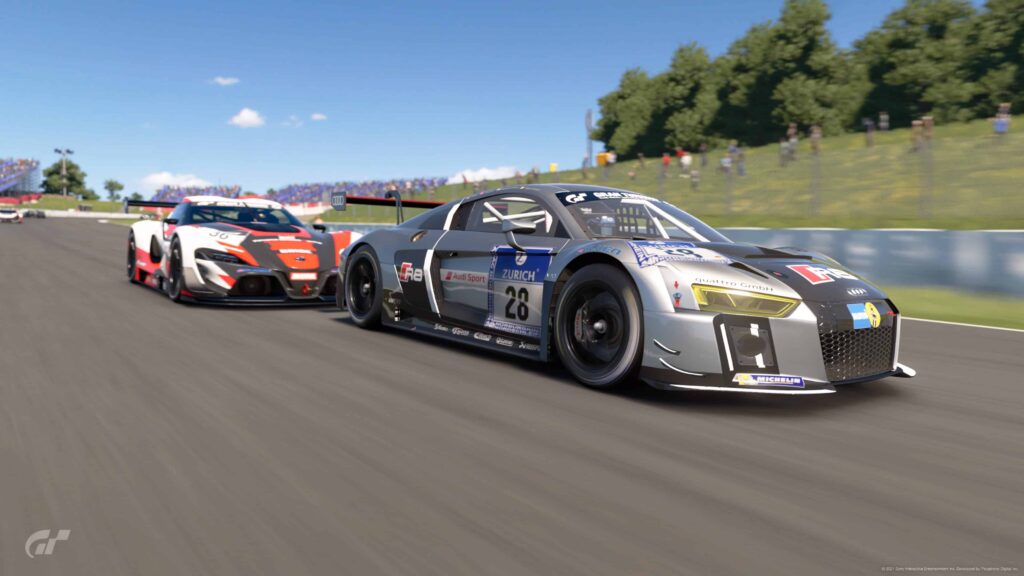
Though a somewhat complicated system to get to grips with, once understood there is so much to appreciate. Literally, anyone can take part in the ‘Online Series’ meaning that the door is always open for new stars.
Meanwhile, strong form from the previous year is rewarded with guaranteed access to World Series events; the 2020 World Finalists have already created stories for themselves, which can be attractive to those looking to support individual drivers in the sim racing scene.
This neatly ties us back around to where I fit into the story and the perfect place to begin our recap of the major storylines to date. My experience of commentating on the championships lay in ‘Top 24 Superstars’ events which were, in essence, the foundation blocks for establishing who the best drivers were in the early days of the championship.
By this stage, the inaugural World Tour Event had been held at the Nürburgring in Germany with Italy’s Giorgio Mangano winning the Nations Cup portion and BMW claiming Manufacturer victory on home turf.
During my time in the booth thereafter, I feel as if we truly discovered the first long term protagonists of competitive Gran Turismo. Of Turkish ancestry, German prodigy TRL_LIGHTNING – known also by his real name Mikail Hizal – had an aptly chosen online alias with wicked speed shown on multiple occasions.
He helped the USA’s Andrew McCabe drive Nissan to a Manufacturer Series victory in the second World Tour at Red Bull Hangar-7, Salzburg and then basked in Nations Cup European Final glory one month later.
Over the Atlantic ocean and based in Brazil, another driver was demonstrating great composure despite more ‘rough and tumble’ racing in the Americas Region. Igor Fraga (IOF_Racing17) had a spark of something special when I watched him race and my hunch was proven correct after I completed my casting stint.
Sensational late-season form saw him win the Nations Cup Americas Final in Las Vegas before hitting the jackpot by becoming the first-ever World Finals Nations Cup champion in Monaco.
Fraga became one of the most successful GTC drivers racking up two further successes in 2019 World Tour events. Through him, Brazil would stand triumphant in the Nations Cup at the Nurburgring and New York. He would also complete a double crown of sorts tasting a second World Finals title in Monaco as part of the domineering Toyota squad in the Manufacturer Series alongside Rayan Derrouiche and Tomoaki Yamanaka.
Hizal was not to be overshadowed, however, as his Nations Cup form picked up, winning the 2019 Red Bull Hangar-7 event and going on to succeed Fraga as the World Finals Nations Cup champion in late November.
2020, as we all know, proved to be a very unpredictable year. Little did we know that Australia’s first-ever World Tour event in Sydney would be one of the last major LAN events on the esports calendar until the present day. Fraga would harken back to the days of GT Academy by securing a full-time drive in the FIA Formula 3 championships, paving the way for so many incredible headlines.
Coque López, who was one of the original crop of World Tour drivers back in Germany 2018, would finally fulfil his potential by helping BMW take their first World Tour Manufacturer Series win since that very event before winning the Nations Cup EMEA Final.
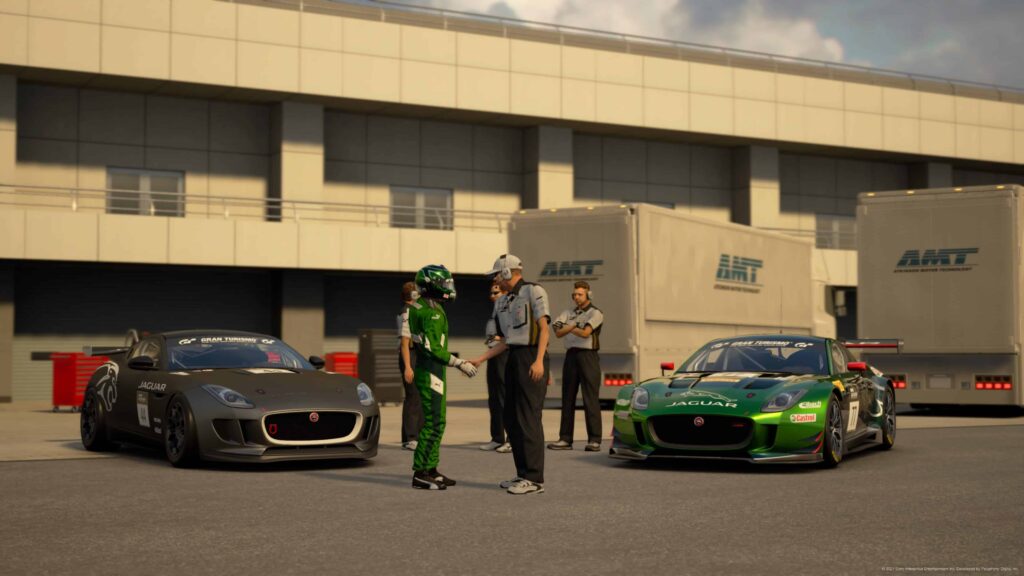
Adriano Carrazza, stepping into the gargantuan void left by his countryman, won the Americas Regional Final for Brazil. Surely the biggest story of this pandemic-stricken season however was the emergence of Kerokkuma_ej20 – Takuma Miyazono.
As a Japanese driver, Gran Turismo is a home game for Miyazono. An infectiously happy character, come 2020 he was no stranger to the Championships having taken part in World Tour events as far back as Salzburg in 2018.
Last season was his season. A Nations Cup breakthrough win in Sydney, Asia-Oceania Regional triumph in early December before becoming a record-breaker – the first driver in Gran Turismo Championships history to win both the Nations and Manufacturer competitions at the same World Finals.
What makes that day all the more fascinating? Mikail Hizal was one of his teammates at Suburu, seeing both drivers match the World Finals achievements of an absent Fraga.
So here we now are. It’s the 21st April and the first race of the 2021 FIA Gran Turismo Championships is about to begin. One of PlayStation’s titan franchises has evolved into a gripping simracing contest that captures the imagination.
At the launch of Gran Turismo 5, the dawn of Gran Turismo as an online product, series creator Kazunori Yamauchi stated in a Eurogamer interview that Polyphony Digital needed “to listen to the voice of our citizens and see what they want out of the experience and evolve with that.”
I’d say you’ve all done a wonderful job, Kaz.
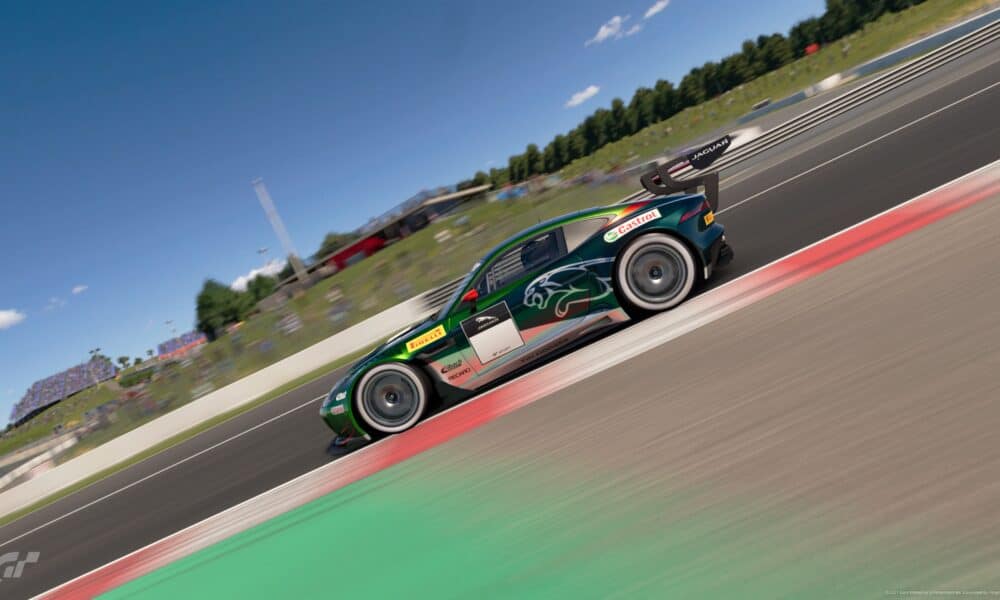
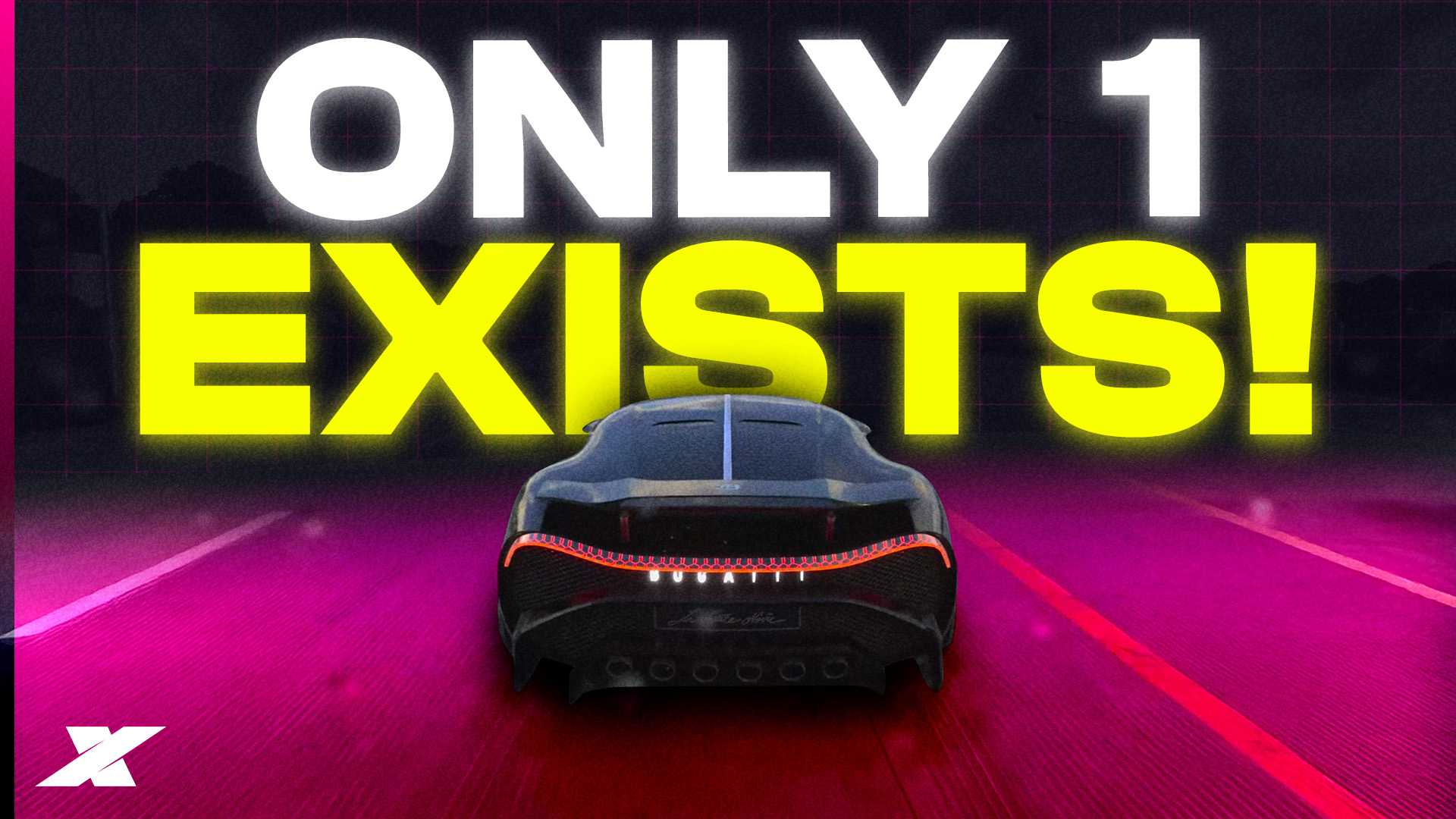
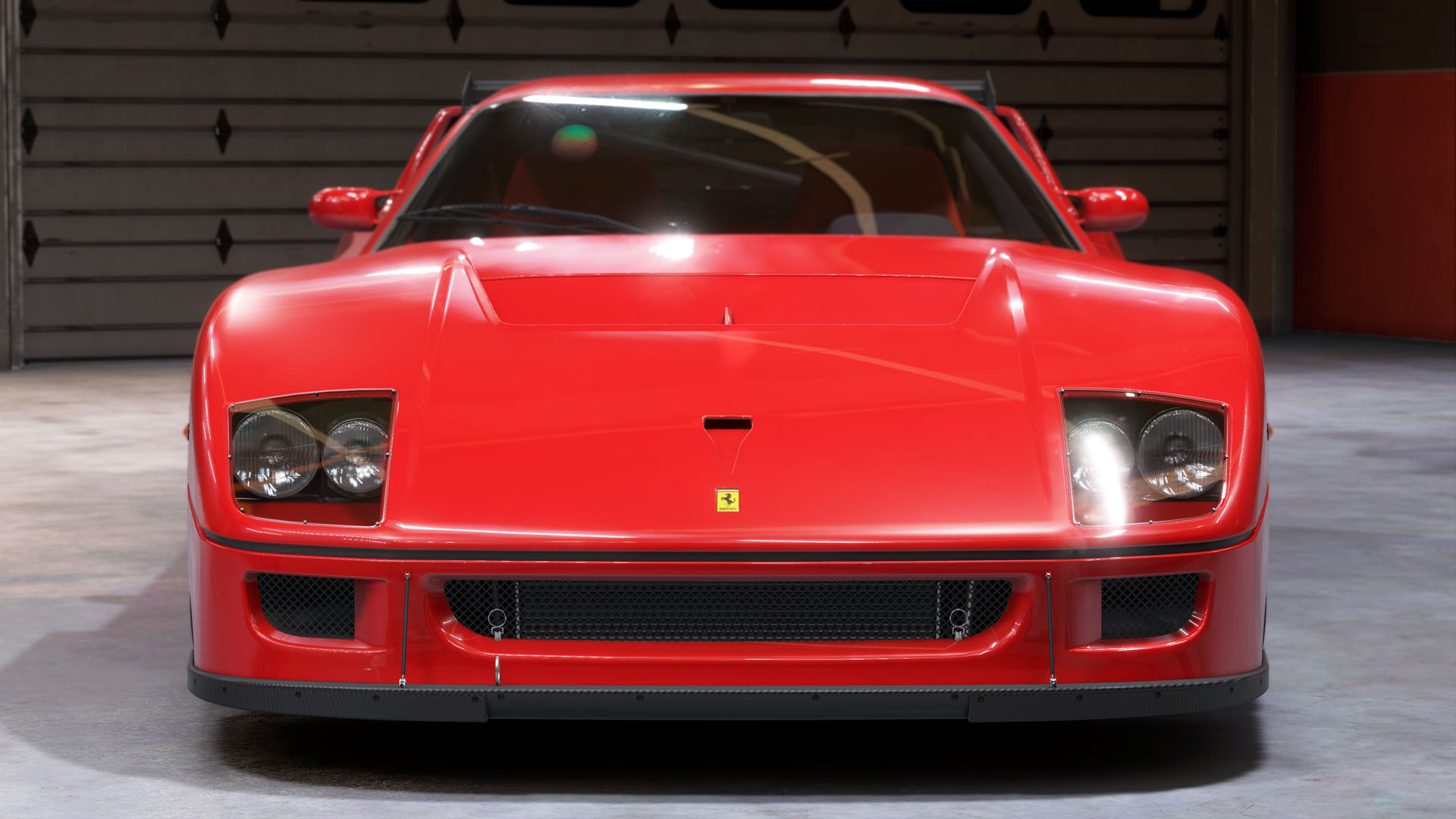
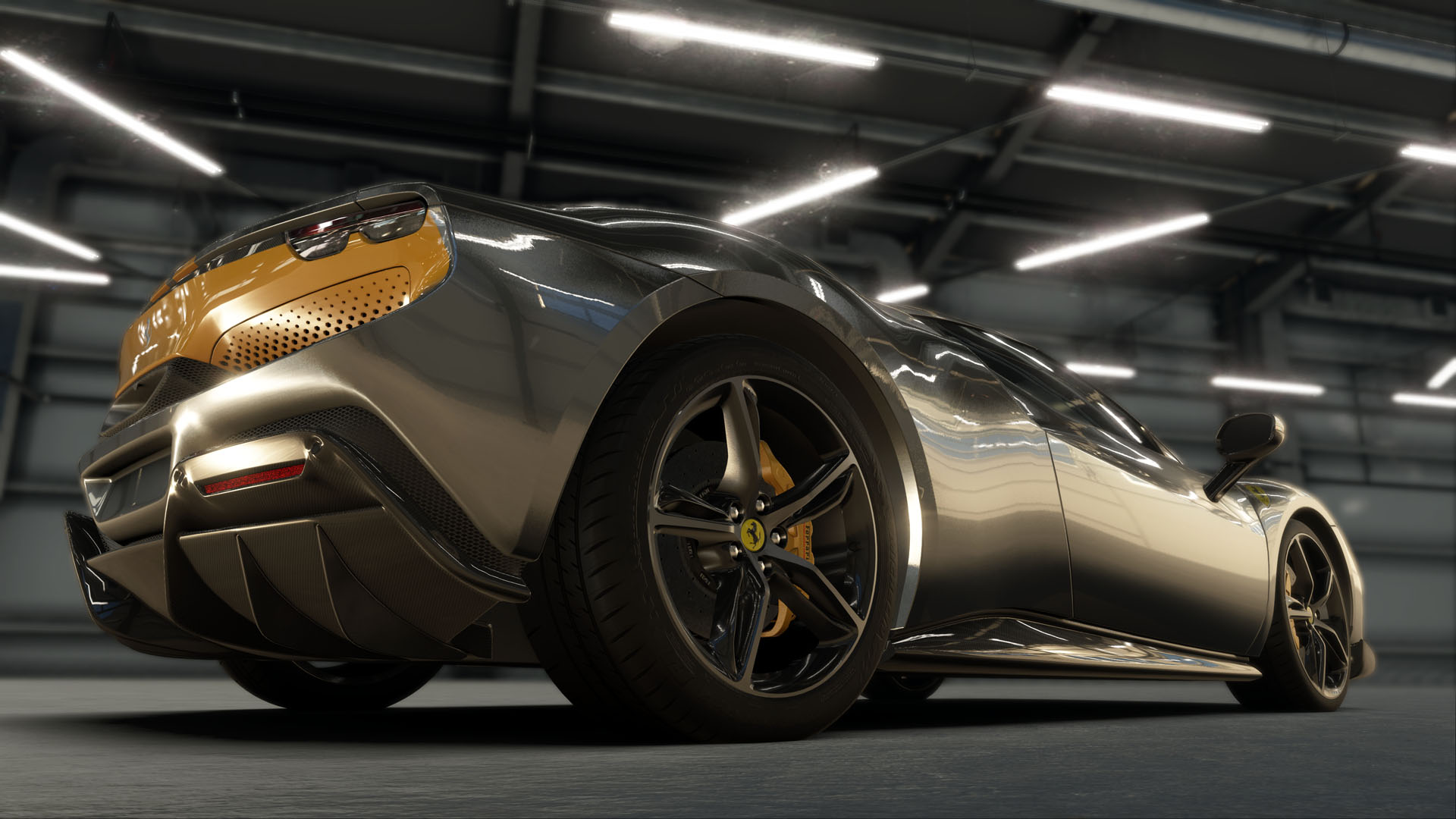
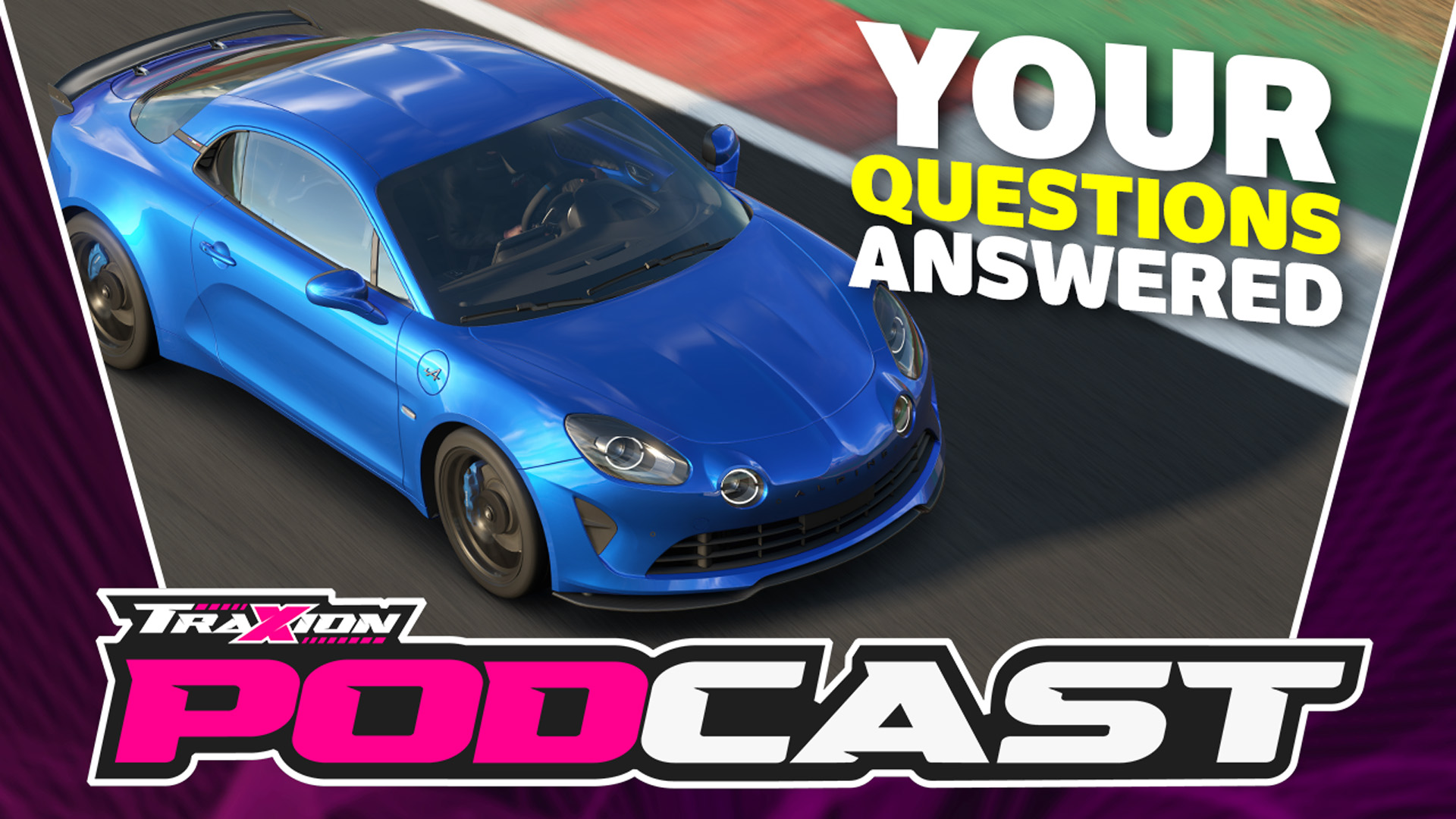
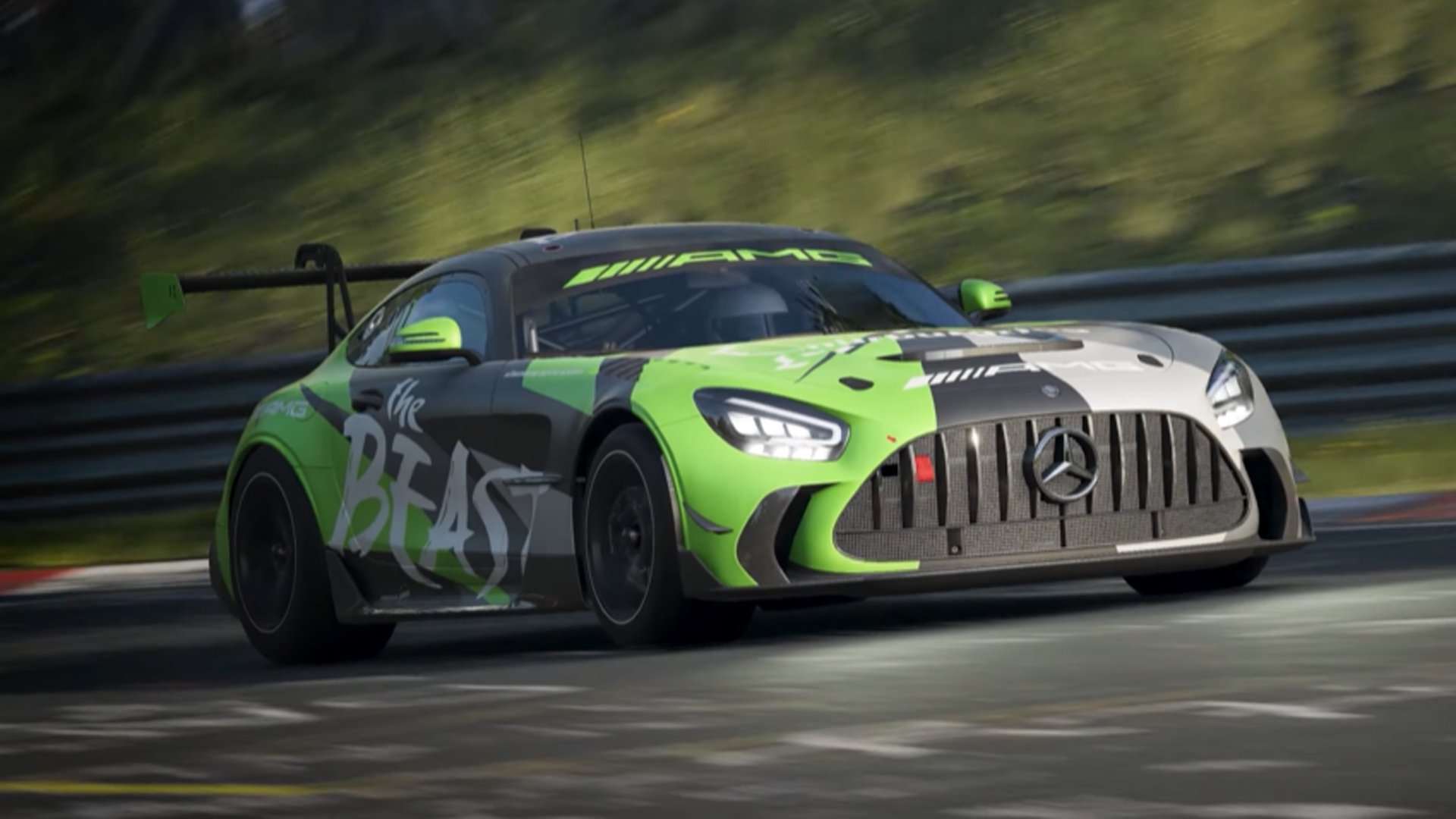
Chat with the Community
Sign Up To CommentIt's completely Free